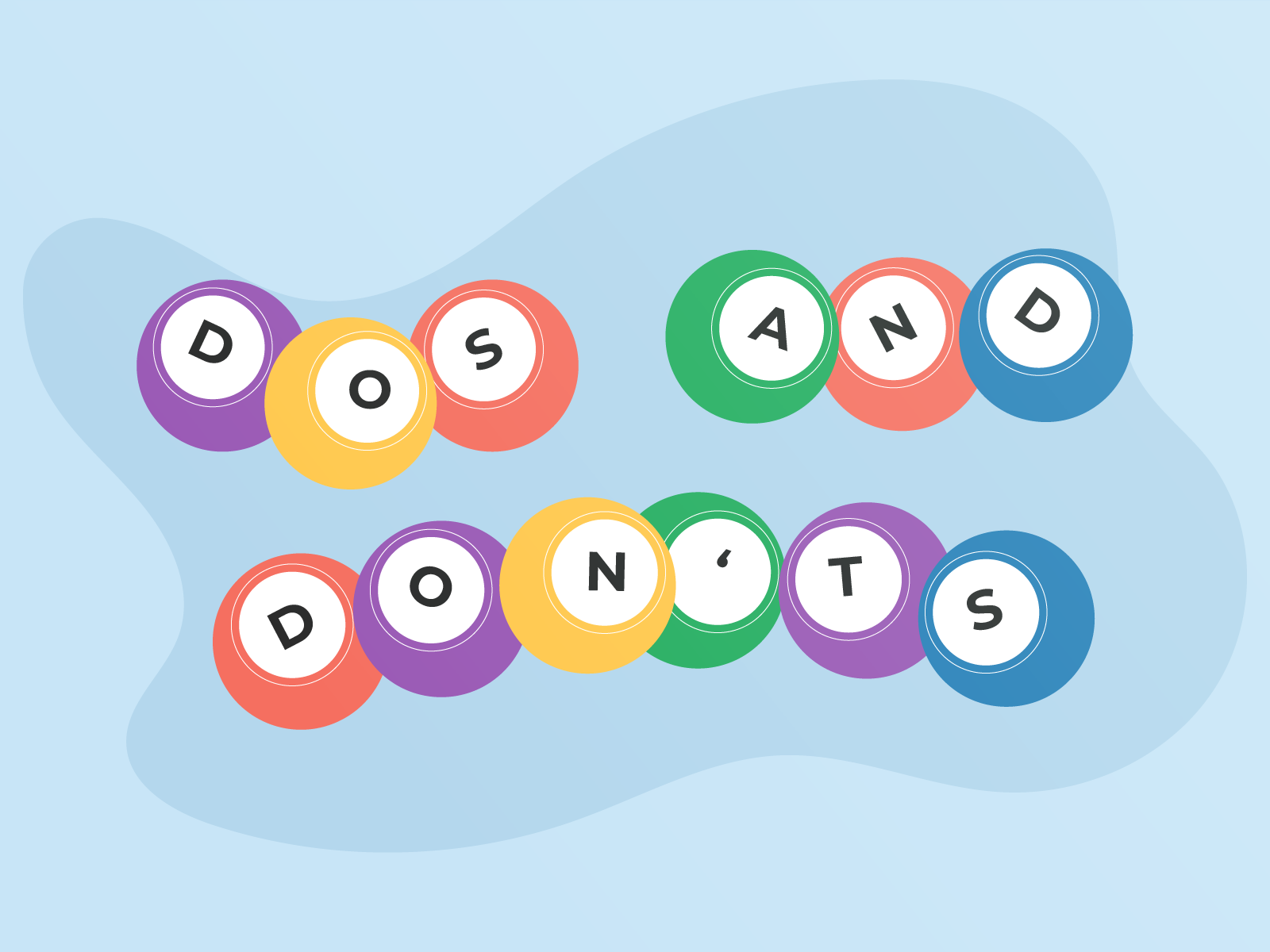Introduction to Lottery Pools: Boosting Your Lottery Odds Together
When a jackpot soars to record-breaking amounts, such as the recent $1.337 billion Mega Millions win, the excitement leads many to rethink their own lottery strategies. While it’s well-known that the odds of hitting the jackpot are incredibly low, joining forces through a lottery pool-where a group buys tickets collectively and shares any prize-has emerged as a popular way to increase chances without overspending.
However, managing a lottery pool demands careful organization and clear agreements to avoid misunderstandings. This comprehensive guide explains exactly how lottery pools operate, why they’re especially popular in workplaces, and what you need to know to set one up effectively.

Understanding Lottery Pools: What Are They and How Do They Work?
A lottery pool involves a group of people pooling their money to buy multiple lottery tickets together, agreeing in advance to split any winnings. The main appeal is simple: collecting more tickets means greater odds of winning, but at a fraction of the cost compared to buying those same tickets individually.
Even so, with huge jackpot odds like one in 302,575,350 for Mega Millions, purchasing more tickets only marginally improves chances. For example, one person buying 100 tickets moves the odds from 1 in 302,575,350 to 100 in 302,575,350-a significant number of tickets, but still slim odds.
A pool enables a group-say, 100 colleagues-to each contribute to one ticket and share all potential winnings. If they hit the jackpot, the prize would be split among participants, meaning smaller individual payouts but a shared opportunity. Real-life examples illustrate success: in 2012, a group of 20 Quaker Oats employees won $241 million, and the same year, 48 SEPTA workers shared a $173 million jackpot.
The Workplace Connection: Why Are Lottery Pools So Common in Offices?

While friends and families can join lottery pools, they’re particularly famous among office coworkers. There are several reasons for this trend:
- Offices usually have a large number of people, making it easy to form substantial pools.
- Group participation fosters social interaction and workplace camaraderie, giving employees a fun, shared topic of conversation.
- The more participants, the higher the collective number of tickets purchased, which increases the group’s odds of winning.
Due to these advantages, office-based pools are often larger and more organized compared to smaller, informal groups.
Step-by-Step: How to Start a Winning Lottery Pool
Creating a successful lottery pool means balancing fun with proper management and clear communication. Follow these steps for the best results:
1. Recruit Participants and Notify Stakeholders
Begin by inviting potential members. In office settings, transparency is important-make sure management is aware and that all interested coworkers have the opportunity to join, preventing anyone from feeling excluded.
2. Establish Clear Guidelines
Before collecting any money:
- Decide if participation is mandatory for every draw, or if members can opt in or out weekly.
- Agree on the amount each person will contribute per draw.
- Standardize contributions to simplify how winnings will be divided.
- Consider an internal “bank” system allowing absent members to pre-pay their contributions, so no one misses out due to scheduling conflicts.
3. Collect Funds and Purchase Tickets Securely
Assign one trusted leader to handle money collection and ticket purchases. Tickets should be stored safely until after the draw. Once tickets are bought, everyone just needs to wait and see if luck is on their side.
Smart Practices: Essential Dos and Don’ts for Lottery Pools

To ensure your pool operates smoothly and fairly, follow these key tips:
Important Dos for Lottery Pools
- **Appoint a Leader**: One person should oversee funds, ticket buying, and communication.
- **Create Written Agreements**: Put all rules, participant names, and plans for splitting winnings in writing. Contracts help prevent disputes-verbal agreements often fall apart with large sums at stake.
- **Track Weekly Participants**: Email a list of that week’s participants to every member before each draw, making it clear who is included.
- **Distribute Ticket Copies**: After buying tickets, the leader should send scans or photos of every ticket to all participants, establishing transparency and proof of purchase.
- **Plan for Small Prizes**: Decide ahead of time how to handle low-value wins. Many groups use these amounts to buy extra tickets or small treats for the team.
Critical Don’ts for Lottery Pools
- **Avoid Using Cash**: Electronic payments create transaction records, which become essential if disagreements arise.
- **Never Rely on Verbal Deals**: Only written, signed agreements should be trusted, especially regarding who participated and how money is divided.
Real-world legal cases show the importance of these steps-undocumented or verbal agreements frequently lead to lawsuits when jackpots are won.
Legal Considerations: Can You Legally Run a Lottery Pool at Work?
The legality of organizing a lottery pool depends on your state’s gambling laws. While states like Nevada support legal gambling activities and generally allow office pools, other states such as Utah outlaw all forms of gambling-including lottery pools.
Key points to remember:
- Always verify your state and local laws regarding group participation in lotteries.
- Seek permission from your workplace management, as lottery pools often use company property and resources.
- Employees at government offices or on federal property are usually prohibited from joining workplace lottery pools, regardless of state laws.
Checking regulations and obtaining approval beforehand can prevent legal issues down the line.
Conclusion: Enjoying Lottery Pools Responsibly
Joining a lottery pool can be an enjoyable and collaborative way to play the lottery with better odds, all while keeping costs reasonable. By following a structured process-recruiting fairly, defining clear rules, documenting everything, and adhering to local laws-your group can focus on the shared thrill, camaraderie, and, with luck, the celebration of winning together.













